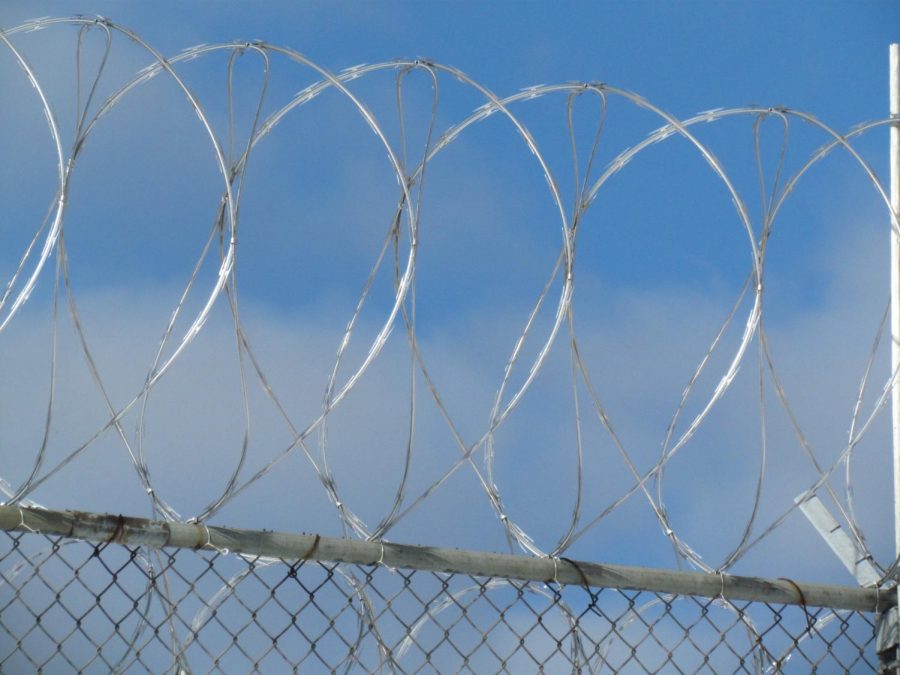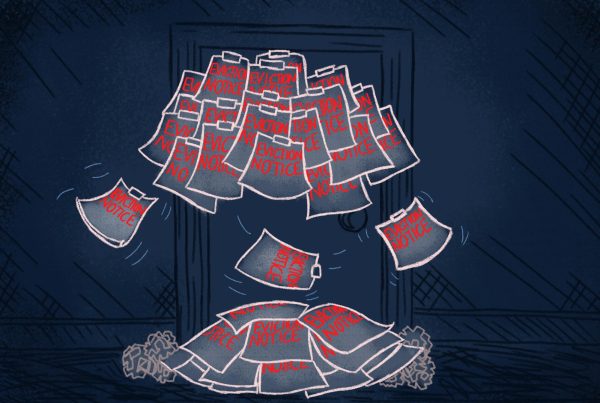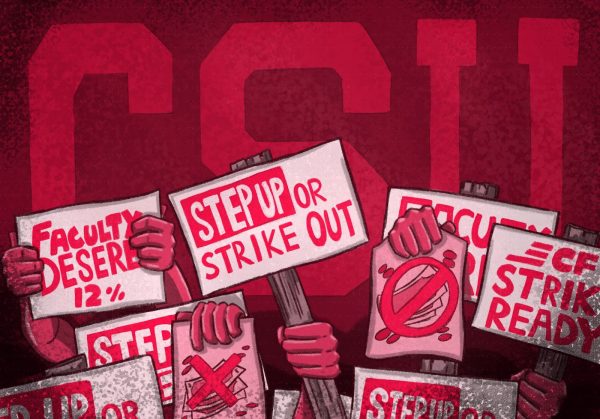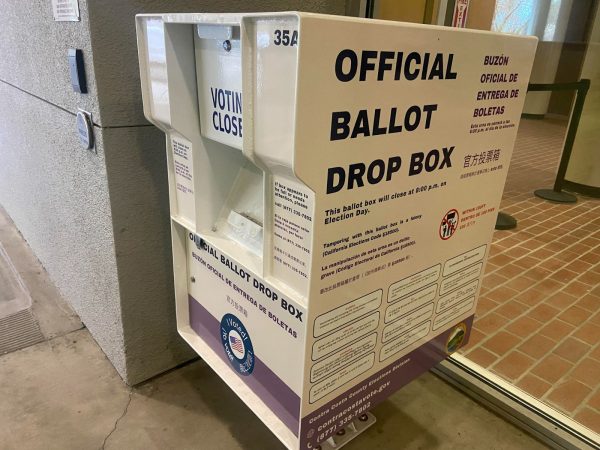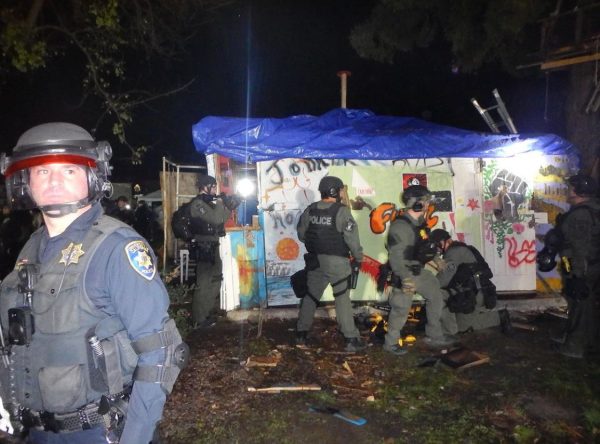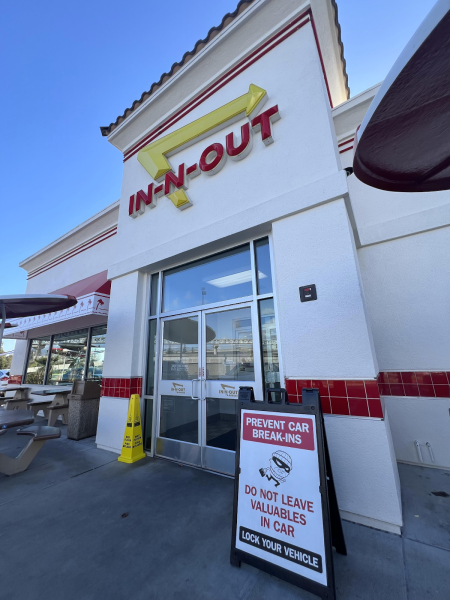Saying “Yes” to Felon Voter Rights and Cash Bail, Californians Split on Propositions to Reform Criminal Justice
November 13, 2020
With Americans still concerned about who will serve as U.S. president for the next four years, it’s easy to forget about the importance of state propositions. This year in California, among the dozen measures on the ballot, abolishing cash bail (Prop. 25) and restoring voter rights to former felons (Prop. 17) gained widespread attention – though they received very different results.
Both propositions were important due to people’s growing desire to see criminal justice reform.
Proposition 17, which restores felon voting rights to people who have completed their prison terms, passed in a landslide of 59% to 41%. Supporters believe people who have done their time should have the same civic and voting rights as everyone else, while opponents of the measure say people who have felonies are usually on parole after prison, which means they actually haven’t finished serving their time.
According to votersedge.org, opponents of Prop. 17 claimed that “parole in California is for serious and violent criminals who have victimized innocent citizens. Giving people on parole social equality before full rehabilitation will add to victims’ pain and suffering.”
On the winning side of the measure, however, Prop. 17’s supporters said, “When people complete their prison sentences, they should be encouraged to reenter society and have a stake in their community. Restoring voting rights does that.”
In an attempt to further address criminal justice reform, Proposition 25 sought to replace cash bail with risk assessment. Risk assessment would involve using an algorithm to evaluate someone’s previous history, which would determine a suspect’s flight risk. Reducing cash bail through risk assessment means that bail could not be set at unfair prices – ensuring that people’s income does not determine whether they are kept in jail for crimes for which they have not been convicted.
Prop. 25 failed to pass, losing by a slimmer margin of 56% to 44%. The biggest opponents of abolishing cash bail were the bail bond companies, which would face future challenges in the absence of cash bail.
According to many, the cash bail system, like the criminal justice system overall, has shown an unfair racial bias. An infographic from the Pretrial Justice Institute reveals that Hispanic men have 19% higher bail costs than white men, while African American men have 35% higher bail costs than whites.
Other opponents of Prop. 25 felt that risk assessment could produce even greater disparities for non-whites, as the risk assessment algorithm would take into account previous arrests that could have been made unjustly.
Hudson Dummer, a second-year music industry major at DVC, said he felt it was right to grant ex-felons the franchise once they’ve served out their terms.
“They’re still part of the country, and the president in office at the time of their felony could be the reason they have that felony,” he said.
In terms of replacing cash bail with risk assessment, Dummer again joined the Californian majority, saying he didn’t support ending cash bail but, rather, believed a hybrid of the bail and risk assessment systems could work.
“I don’t think cash bail should be abolished, but I think both should be implemented,” Dummer said. “It would allow convicts to be able to get out of jail, plus the risk assessment would make sure they act safely once they are out.”





































































